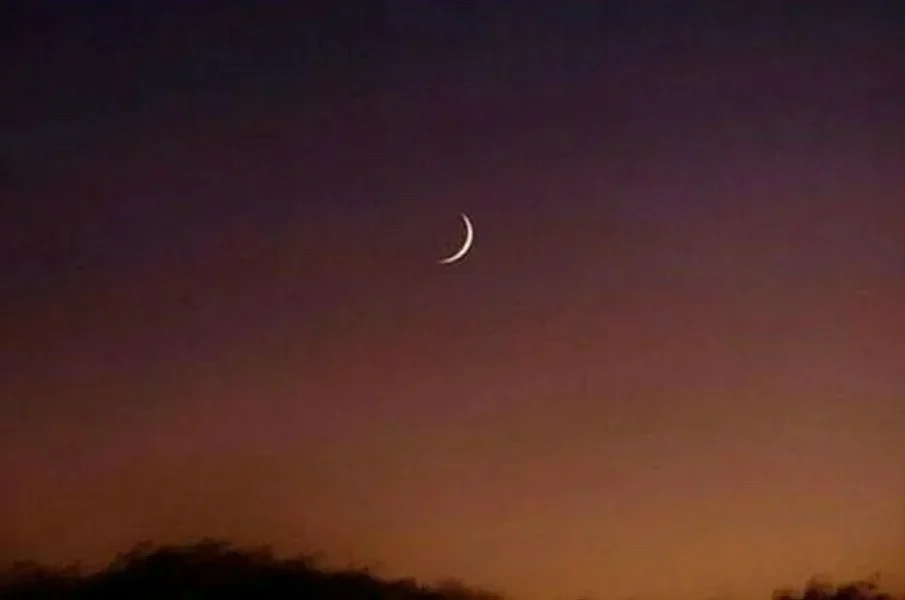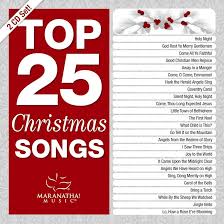Morocco Moon Sighting: A Cultural and Religious Tradition

The Importance of Moon Sighting in Morocco
Moon sighting holds great cultural and religious significance in Morocco, especially during the Islamic calendar months. It is a pivotal moment for Muslims, as the sighting of the crescent moon marks the beginning of months such as Ramadan and Shawwal. This tradition has been practised for centuries and reflects the deep-rooted Islamic customs in Moroccan society.
Recent Developments
On the evening of March 22, 2023, observers across Morocco gathered to spot the crescent moon, signalling the start of Ramadan, the holy month of fasting. Thousands of families and communities turned their eyes to the sky, and mosques rang with anticipation. The moon was successfully sighted, and this was widely reported across national media, celebrating the unity and shared faith among the Moroccan people.
Methods of Observation
In Morocco, the moon sighting is typically conducted by local religious authorities and appointed committees. These groups wait until sunset on the 29th day of the lunar month to observe the western horizon. If the crescent moon is sighted, the month transitions; if not, the current month is extended by one more day. This practice not only keeps the traditions alive but also creates a community spirit, fostering togetherness during significant moments of the Islamic calendar.
Challenges and Adaptations
Although the traditional method of sighting the moon remains popular, urban environments pose challenges due to light pollution and high-rise buildings that can obstruct visibility. As a result, some communities are now considering utilising technology, including astronomical calculations, to supplement their traditional methods. This blend of modernity and tradition is likely to evolve as future generations continue to observe these significant cultural practices.
Conclusion
The moon sighting in Morocco is more than just a celestial event—it’s a moment of cultural celebration that strengthens communal bonds. As Morocco continues to navigate the balance between traditional practices and modern influences, the reverence for these rituals persists, offering a unique glimpse into the country’s rich Islamic heritage. Observers anticipate that these customs will continue to flourish, reaffirming the identity and unity of Moroccan Muslims as they celebrate these significant lunar events.








